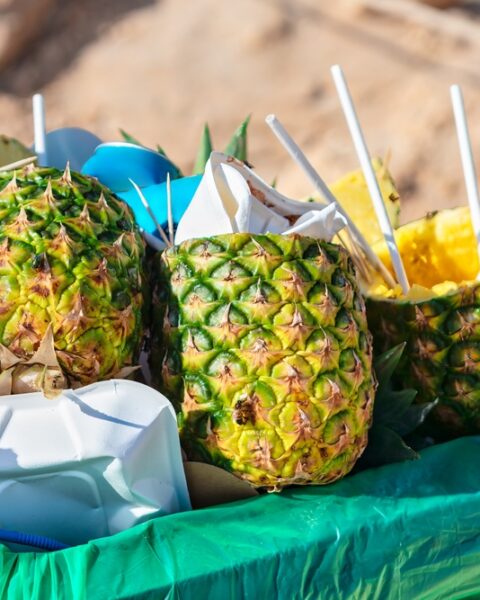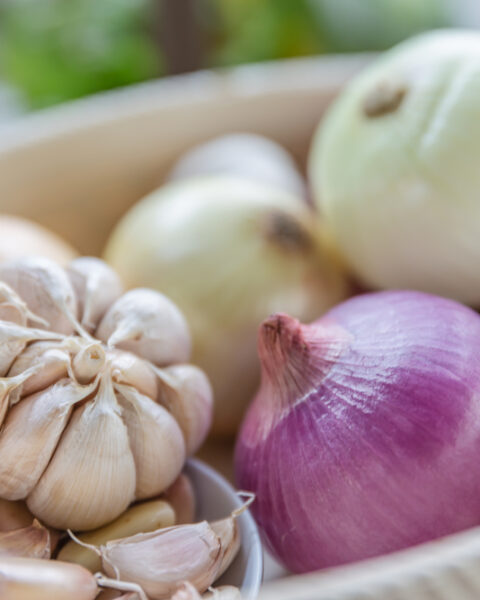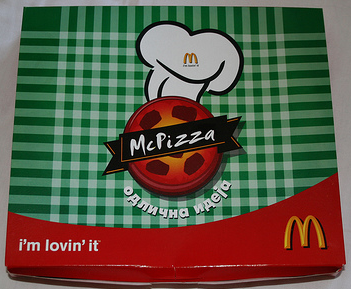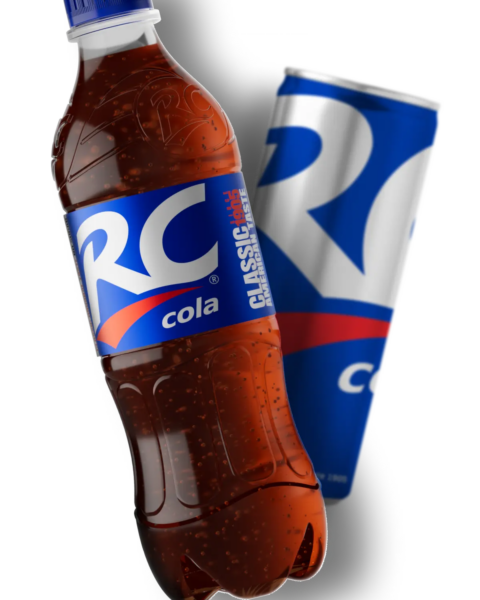Frozen foods often get a bad rep, with many misconceptions lingering around their quality and nutritional value. However, with advancements in freezing technology, these myths are far from the truth. Whether it’s about nutrient loss or the idea that fresh is always better, it’s time to set the record straight. Let’s dive into some common myths about frozen foods and reveal the truth behind them.
Contents
- 1 Frozen Foods Are Less Nutritious Than Fresh
- 2 Frozen Foods Are Full of Preservatives
- 3 Frozen Foods Are Always High in Sodium
- 4 Freezing Destroys the Flavor and Texture of Food
- 5 Frozen Foods Are Expensive
- 6 You Can’t Refreeze Thawed Food
- 7 All Frozen Foods Are Unhealthy
- 8 Frozen Foods Are Only Good for Quick Meals
- 9 Frozen Foods Lose Nutrients Over Time
- 10 Freezing Kills All Bacteria
- 11 More From RetailShout
- 12 15 Stylish Target Finds That Look Way Beyond Their Price
- 13 10 November Food and Drink Pairings for Every Fall Occasion
Frozen Foods Are Less Nutritious Than Fresh
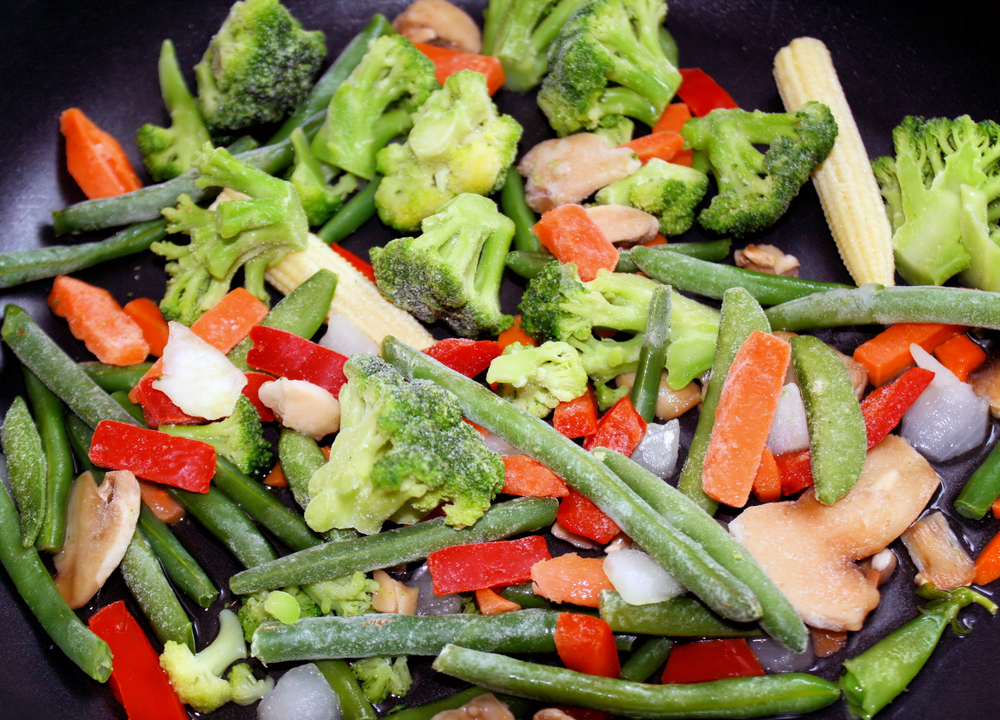
Many believe fresh foods are always healthier than frozen ones. But frozen foods are often picked and frozen when they are the ripest, keeping their nutrients intact. In some cases, frozen fruits and vegetables might have more vitamins than fresh ones stored for days. Freezing locks in the nutrients, making frozen foods a good choice.
Frozen Foods Are Full of Preservatives
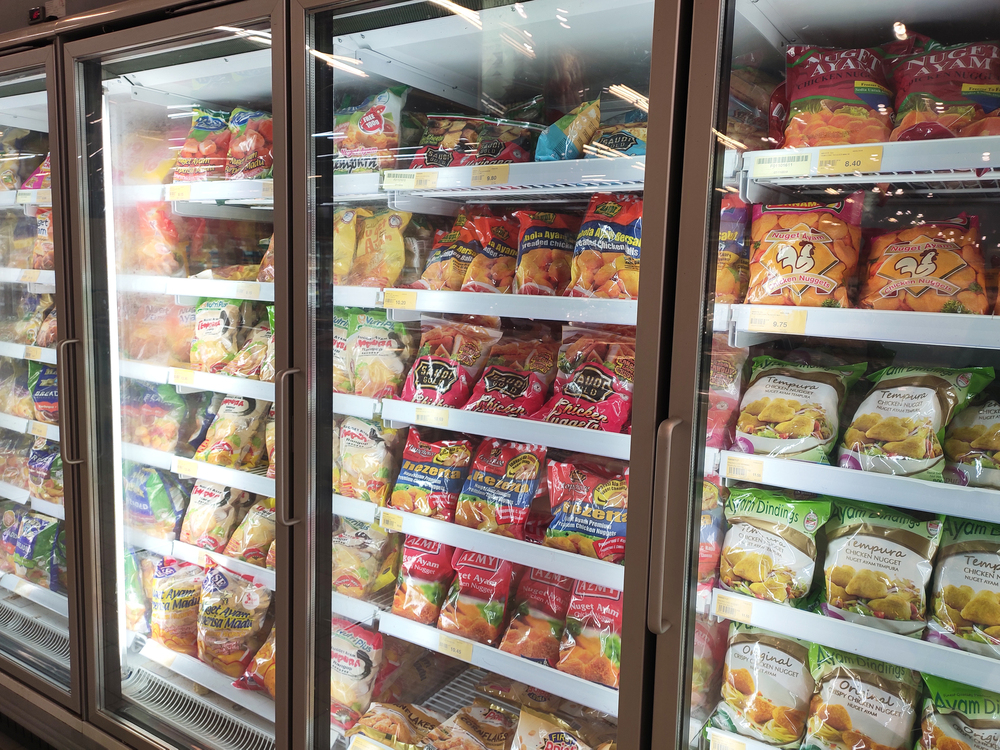
People often think frozen foods have a lot of preservatives to stay fresh. However, freezing is a natural way to preserve food, so extra chemicals aren’t needed. Most frozen fruits, vegetables, and meats don’t have added preservatives. This makes frozen foods a safe and natural option.
Frozen Foods Are Always High in Sodium
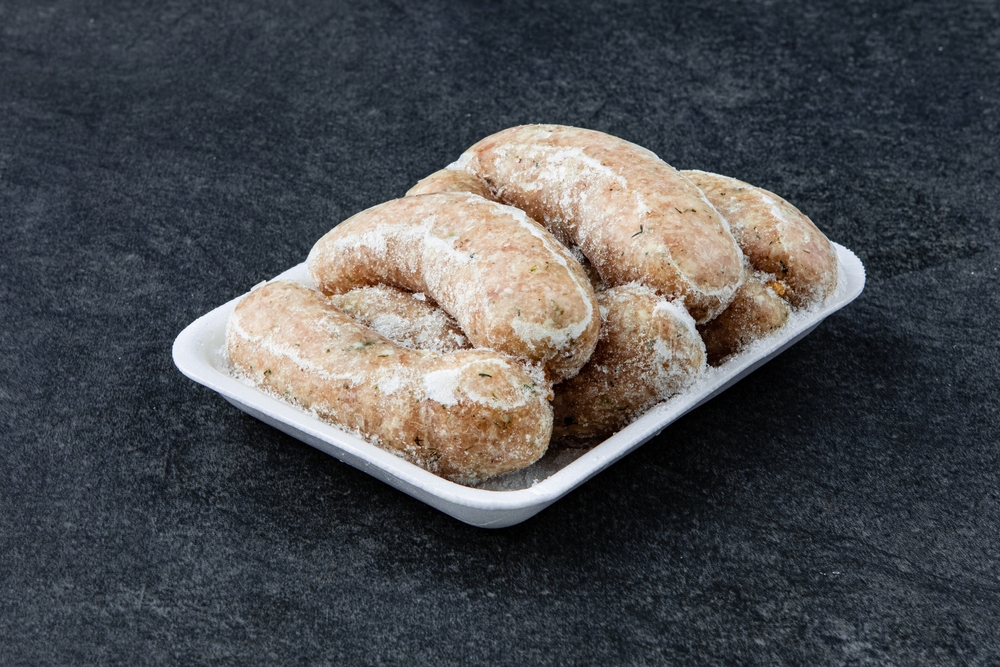
Some think all frozen foods have too much salt, but that’s not true for everything. While some frozen meals are high in sodium, many options have low or no sodium at all. By reading labels, you can find frozen foods that match your dietary needs. With careful choices, frozen foods can be part of a healthy diet.
Freezing Destroys the Flavor and Texture of Food

A common myth is that freezing ruins the taste and texture of food. While freezing can change the texture of some foods, proper freezing and thawing can keep the flavor and texture almost the same. Many frozen fruits and vegetables taste and feel just as good as fresh when cooked correctly. The secret is in how you store and prepare them.
Frozen Foods Are Expensive

Some believe frozen foods cost more than fresh ones, but that’s not always true. Frozen foods can save money because they last longer and reduce waste. Buying in bulk and freezing can be more affordable over time, and many frozen items are priced competitively. Frozen foods are a smart choice for those watching their budget.
You Can’t Refreeze Thawed Food

It’s often thought that once food is thawed, you can’t refreeze it safely. But as long as the food was thawed in the fridge and hasn’t been out too long, it’s safe to refreeze. The texture might change, but it’s not a safety issue. Refreezing helps reduce waste and makes the most of your frozen foods.
All Frozen Foods Are Unhealthy

The idea that all frozen foods are bad for you is not accurate. Many frozen foods are made from whole, unprocessed ingredients and can be healthy. From frozen veggies and fruits to lean meats, there are plenty of nutritious frozen options. The key is to pick wisely and include them in a balanced diet.
Frozen Foods Are Only Good for Quick Meals
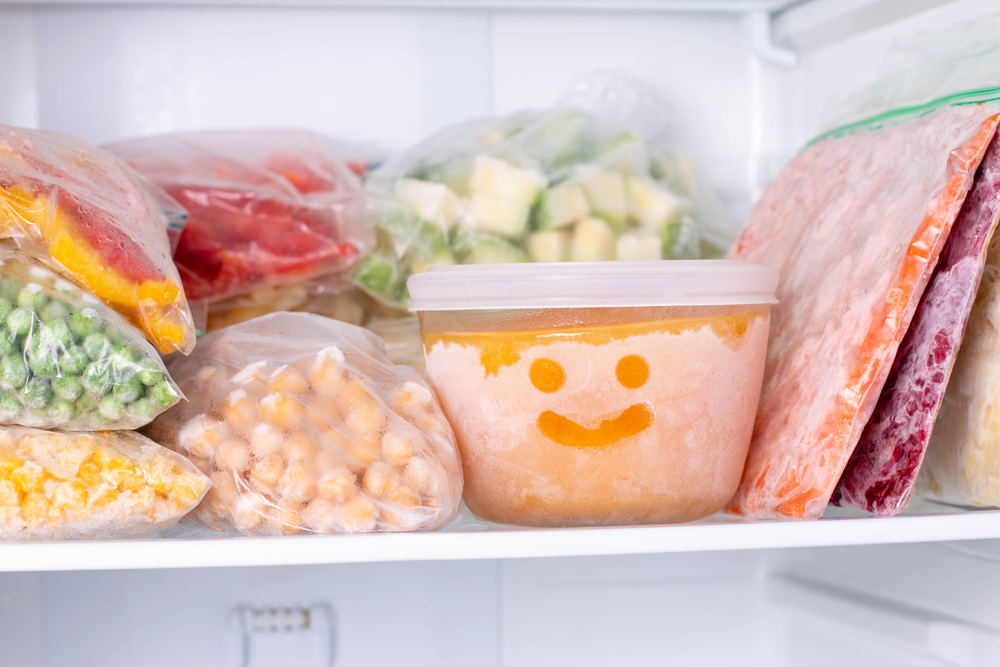
Frozen foods are often seen as just for fast, microwavable meals, but they can do much more. Frozen fruits and vegetables are great in smoothies and soups, offering convenience without losing quality. Frozen meats and seafood can also be used for delicious, hearty meals. With a little creativity, frozen foods can be a versatile part of your cooking.
Frozen Foods Lose Nutrients Over Time
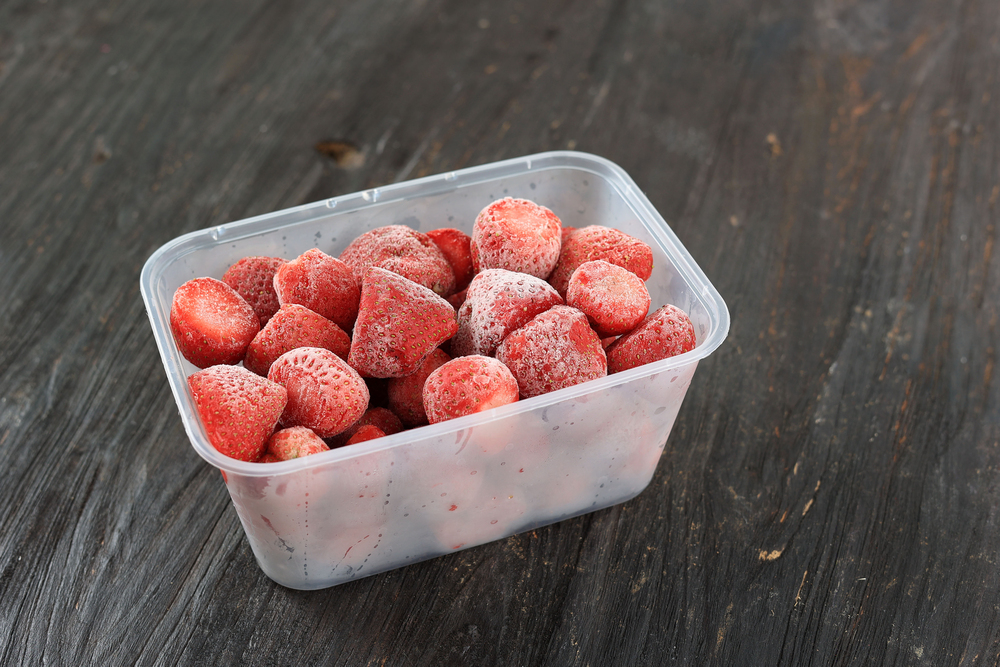
Some think that frozen foods lose their nutrients the longer they are stored. While nutrients can decrease over time, properly stored frozen foods keep most of their nutrients for months. Keeping them at a steady freezing temperature and avoiding thawing and refreezing helps maintain their nutritional value. This way, you can enjoy nutrient-rich foods even after they’ve been frozen for a while.
Freezing Kills All Bacteria
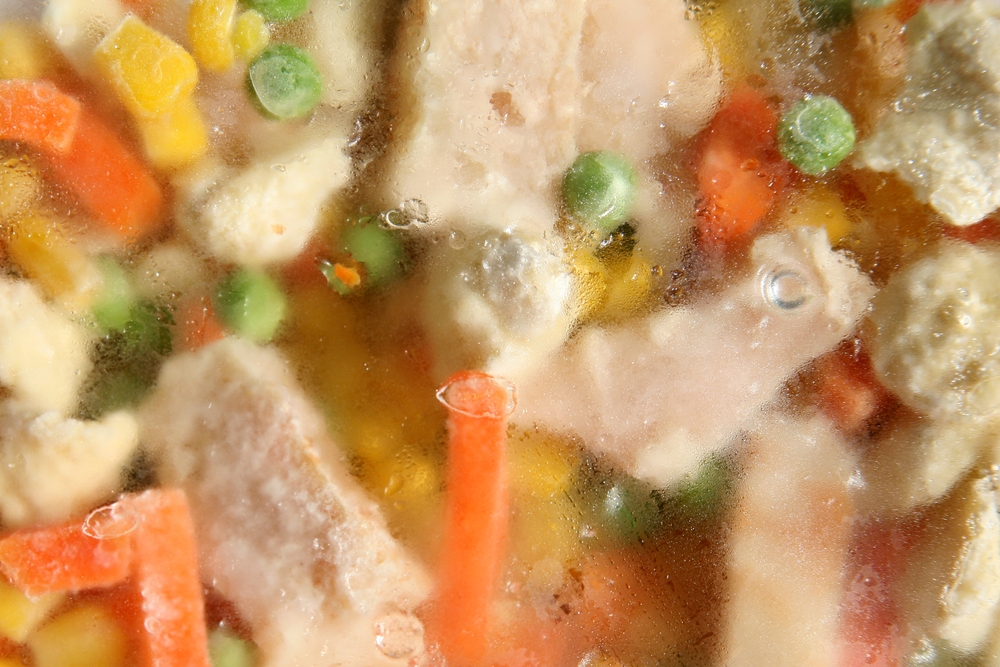
It’s a common belief that freezing food kills all bacteria. While freezing stops bacteria from growing, it doesn’t kill them. When the food thaws, any bacteria can become active again. It’s important to handle and cook thawed food properly to ensure it’s safe to eat.
This article originally appeared on RetailShout.
More From RetailShout
ALDI’s 15 Sneak Peek Finds for the Week of 11/13/24 – 11/19/24

ALDI’s got some awesome finds lined up this week, perfect for getting ready for the holiday season. From cozy decor to gadgets that make life easier, there’s something for everyone in the lineup. Read More.

It’s amazing how Target manages to offer such stylish pieces that don’t break the bank. From home décor to trendy outfits, Target is full of hidden gems that look way more expensive than they are. Read More.

Fall is the perfect time to enjoy comforting meals paired with seasonal drinks that enhance the flavors of the season. From cozy dinners to festive gatherings, the right food and drink pairing can elevate your fall experience. Read More.

